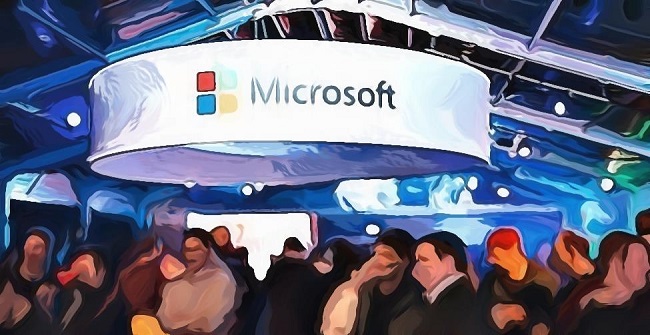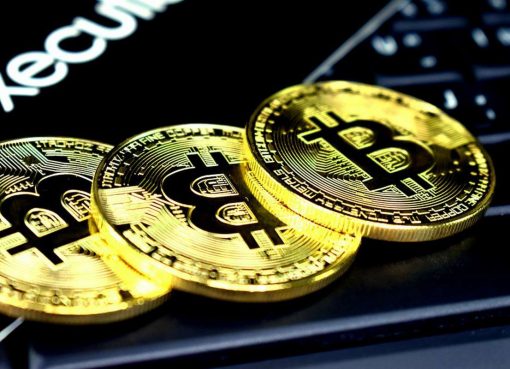At an annual conference in Orlando, Microsoft announced that it would be launching a platform that would effectively enable enterprises to create their own digital tokens for use. The platform is called Azure Blockchain Tokens and is available for preview.
Microsoft has been one of the few giant companies to adopt digital currency at a very early age since the concept was introduced to the world. It had since then begin accepting digital payments in Bitcoin(BTC)trade and other digital currencies.
The platform is a store of token templates, all of which are based on the Token Taxonomy Initiative (TTI) standards. The TTI framework basically defines the structure of a digital token as decided by the Enterprise Ethereum Alliance (EEA).
The benefit of keeping a standardized framework as a back end for a general minting platform based on Ethereum (ETH)trade is the coveted interoperability of all digital tokens that will be produced by the Azure Blockchain Tokens platform. This means that a token that has been produced from one Ethereum platform, say Microsoft’s, will also be able to run on IBM’s Ethereum platform. Essentially, as long as the backend is Ethereum based, transiting a digital token from one place to another will not be a challenge.
“The industry has suffered from an IBM versus Microsoft thing, Hyperledger versus [Ethereum], and so on. We are trying to break down those barriers,” Microsoft’s Marley Grey, who also heads the EEA bloc, told reporters.
Collaborative Work with Other Partners
Azure Blockchain Tokens is being launched with a number of token templates that range from a Hyperledger Fabric FabToken built by IBM to Santander’s BOND token to a REWARD token from Intel and ConsenSys. A spokesperson for Enterprise Ethereum Alliance (EEA) commented that while the token templates have not been polished for commercial release, they are nonetheless available for consumers to download.
Grey was keen on stressing that the new platform is not centric to Microsoft and its ambitions but rather should be seen as a joint collaborative work of the likes of IBM, R3, JPMorgan and others.
Various other giant companies are already pursuing digital tokens that share the same template codebase. These include JPMorgan and Facebook. A standardized framework for minting digital tokens would mean that in the future, similar enterprise tokens can be easily exchanged among these big guns. Ultimate beneficiaries would obviously be the customers who could leverage the same-grade token design to make payments across industries.






